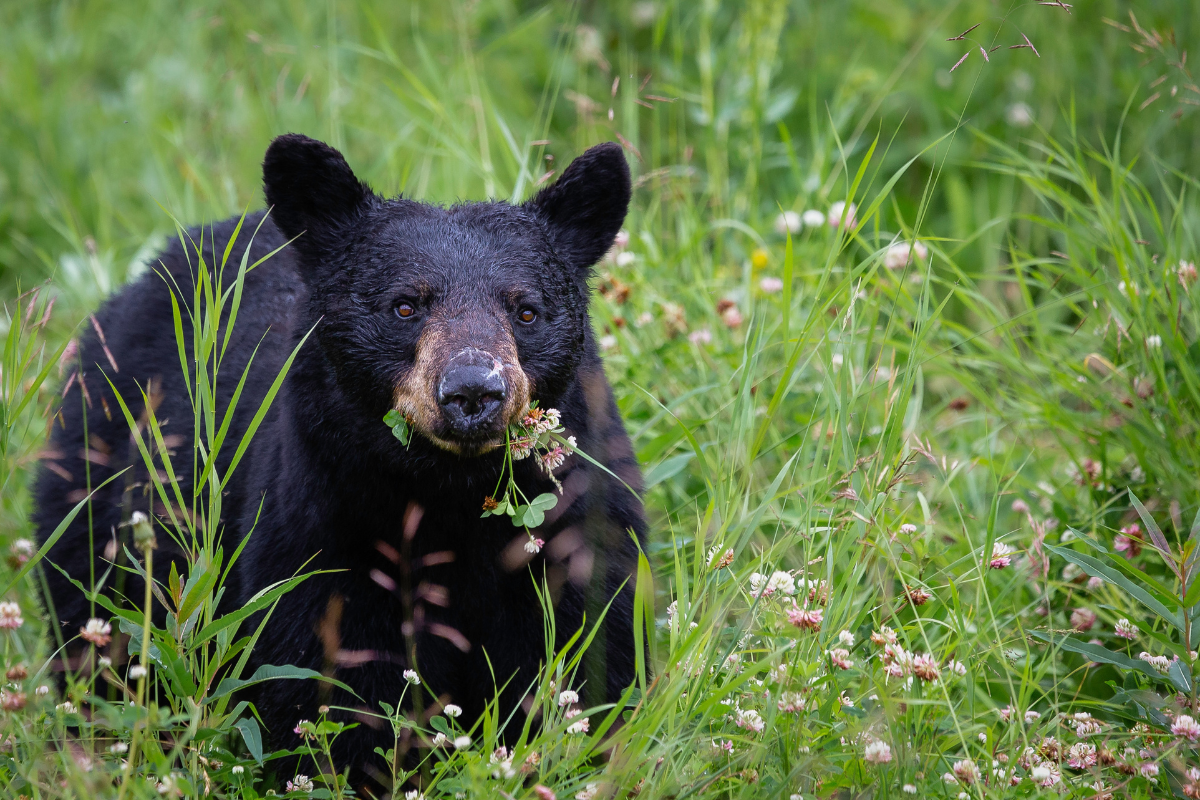Originally published in the CT Post
Once again, fear-mongering headlines and reporting about Connecticut’s “bear problem” urge gullible readers to believe the only solution is to hunt down these magnificent native animals in the woods they call home and kill them.
The truth is, black bears aren’t breaking down doors to harm you, your children or your pets like some scene out of a horror movie. Black bears are looking for food. It’s a natural behavior for all wildlife.
The state senator calling for a hunt, Lisa Seminara, dismantles her own specious argument for what amounts to a trophy hunt with this admission about human-bear interactions: “(It) isn’t necessarily the bear’s fault. I think, in part, it’s the human’s fault.”
Spot on, Sen. Seminara. Wild bears are being baited by people’s bird feeders and trash. Of the 3,507 black bear “damage” reports in Connecticut in 2020, 1,112 involved bird feeders and 1,356 involved trash cans. And most of the black bear home break-ins were bears responding to the scent of a food attractant, according to information Friends of Animals received through a Freedom of Information request.
Community leaders and the media should focus on solutions that solve the real problem: changing human behavior. We urge our elected officials to support statewide legislation that includes a wildlife feeding ban and a conflict-reduction community grant program that provides funding to communities for bear-resistant trash cans and electric fencing around chickens and beehives. It is critical for Connecticut residents not to unintentionally lure bears to their yards with their bird feeders, trash, and other food attractants. Garbage for pickup should be put outside the morning of collection and not the night before. It’s particularly important for people in areas with bears to remove bird feeders from March to November. Bird seed is a high-calorie target for bears, especially in the fall as they prepare for winter.
Until recently, our state Dept. of Energy and Environmental Protection (DEEP) has done very little in the area of public education when it comes to living with bears, and now they insist that hunting is necessary to mitigate interactions despite the fact that researchers in other states have found that hunts do not eliminate nuisance complaints. The reason is bears killed deep in the woods are not the same bears who people complain about in more developed areas, where hunting wouldn’t even be safe. We cannot shoot ourselves out of these so-called problems.
Friends of Animals helped form the CT Coalition to Protect Black Bears in 2021 to counteract misleading information circulating about black bears, including that they need to be managed with a bear hunt. For more information about how to keep bears wild and people safe, visit https://ctbears.org.
Scott Smith is communications director for Darien-based Friends of Animals.

